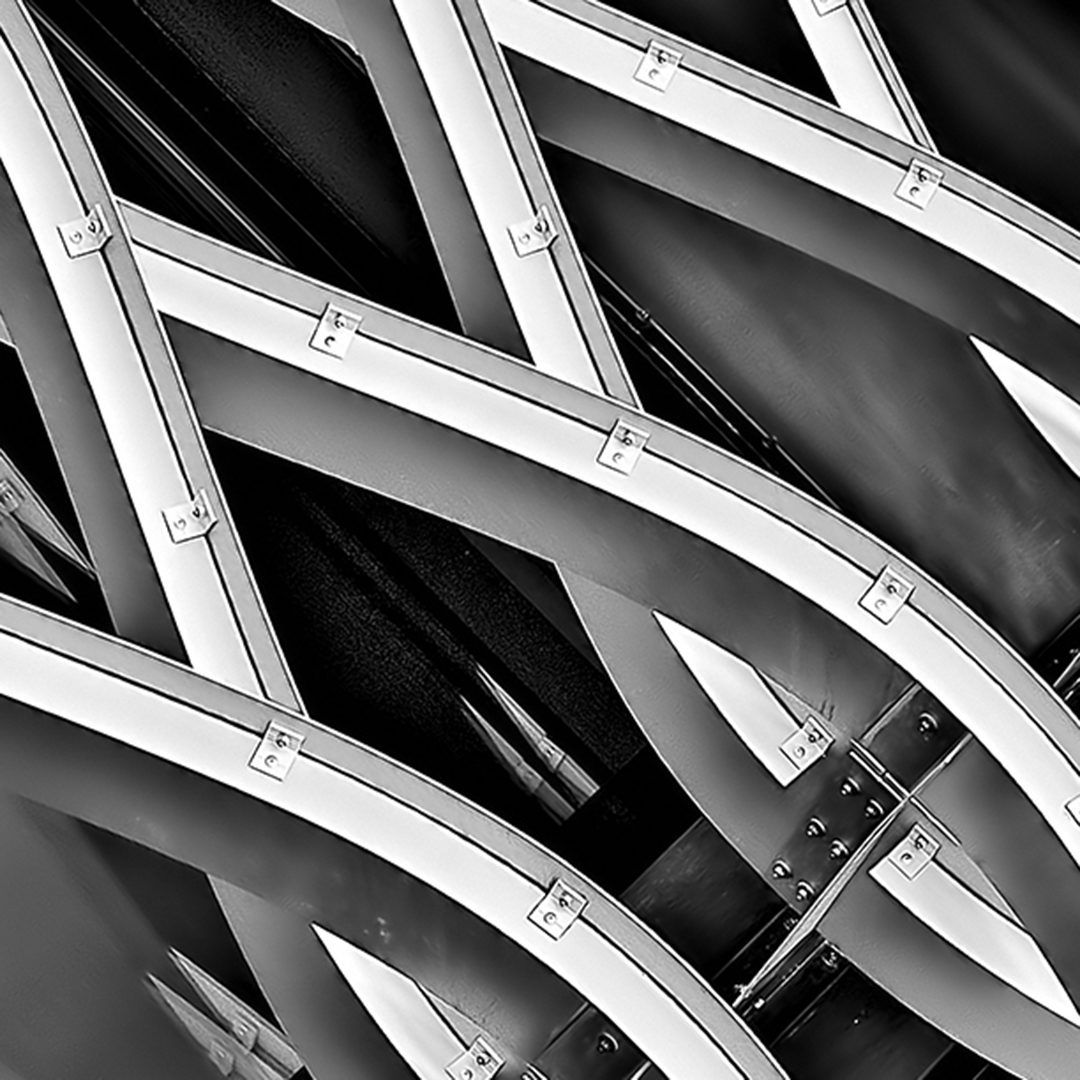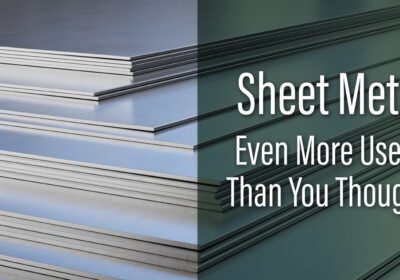4 Rust-Resistant Metals |Phoenix, AZ|

Rust is a form of corrosion that affects alloys containing iron. Often the most rust-resistant metals contain combinations of many different substances. At Arizona Iron Supply in Phoenix, we want to equip you with the right quality products for all of your building and fabrication needs. So read on to learn more about the different kinds of metals that don’t rust.
What is Rust?
Most people probably just think of rust as a reddish-brown flaking that happens to metal as it ages. Scientifically speaking, rust is the term used for the corrosion and oxidation of iron and its alloys, such as steel. Rust is Hydrated Iron (III) Oxide, also known as iron oxide (Fe²O³), which is formed when iron reacts with oxygen and water. This reaction is called oxidizing. If a piece of iron is left long enough, exposed to water and oxygen, rust is unavoidable. It could take days, weeks, months, or even years depending on the intensity of the exposure, but it will eventually occur without any protection.
What is Corrosion?
It is important to point out that corrosion and rust are not the same. Rust is a type of corrosion that happens only to iron and iron-containing alloys. Corrosion refers to any reaction involving oxidation or other chemicals. So while a metal may not rust, it can still be susceptible to corrosion.
Rust-Resistant Metals
- Aluminum
Aluminum does not rust because it contains virtually no iron. It does oxidize, but the oxidation actually protects the underlying unoxidized aluminum. This is because the aluminum oxide is more corrosion resistant than the aluminum alloy coating.
- Stainless Steel
Stainless steel is another metal that does not rust. Through it is important to note that some grades are more resistant to rust than others. Austenitic stainless steel grades such as 304 or 316 contain chromium. The chromium forms a chromium oxide layer, which is highly resistant to rust and corrosion. This prevents rust formation and protects the underlying metal. Ferritic or martensitic stainless steels may be more susceptible to rust because they contain lower amounts of chromium.
- Galvanized Steel
Galvanized steel is carbon steel that has been coated with a thin layer of zinc. The zinc acts as a protective barrier that prevents oxygen and water from coming into direct contact with the steel. Even if the zinc coating is damaged, it continues the underlying steel is still preserved through cathodic protection. Galvanized steel is also susceptible to white rust, which is a type of corrosion that can form when exposed to water or condensation with little air flow over the surface. Careful storage of galvanized steel can prevent this.
- Copper, bronze, and brass
These three metals contain little or no iron so they don’t rust. But they can still react with oxygen. Copper oxidizes over time, which can form what’s called a green patina. But this actually protects the metal from further corrosion. Bronze is a mixture of copper and tin, along with small amounts of other elements, and is naturally much more resistant to corrosion than copper. Brass is an alloy of copper, zinc, and other elements, which also resists corrosion.
Give us a Call or Stop By!
Arizona Iron Supply in Phoenix has a large inventory of rust-resistant metals for a wide range of applications. Whatever material you need for your next project, our experts will help you find the right one! Be sure to also check out our next post, where we’ll talk about how to protect steel and iron from rust.
Image by Brett Hondow from Pixabay



